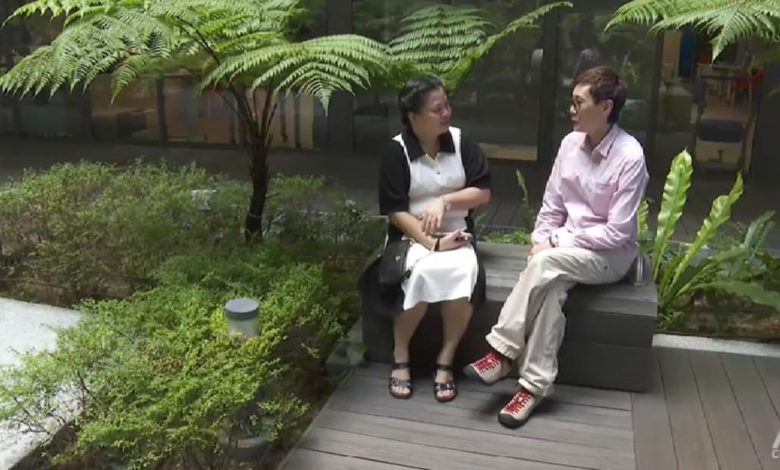‘No strings attached’ cash aid helps lower-income households’ mental health, job security: AWWA study

“CASH IS A POWERFUL RESOURCE”
Researchers said the cash aid gave caregivers flexibility in planning their finances, as well as mental bandwidth to think about the future.
“Some managed to save in terms of paying for insurance premiums for their kids. Some of them put it into a bank,” said Ms Michele Gan, senior social worker at AWWA Family Service Centre.
“Savings can also be, in a way, like helping them to pay off some of their debts and arrears.”
Ms Gan noted that such programmes should also come with guidance to teach families how to use the money wisely.
Temasek Trust, the philanthropic arm of state investor Temasek, has pledged another S$750,000 for AWWA’s family empowerment programme to continue. The programme received its first round of funding of S$750,000 from Standard Chartered Bank.
“Sometimes in social assistance, there is the idea that lower-income persons should be encouraged to get off assistance and should be encouraged to get back into work as soon as possible. So that’s the idea that any work is better than no work,” said Dr Ng Kok Hoe, senior research fellow and head of the Case Insights Unit at the National University of Singapore’s Lee Kuan Yew School of Public Policy.
He added that this idea is “not always true”.
“When people are kind of under the pressure of a financial crisis, they often feel compelled to take the first job they come across, even if it’s a poor job. Then they end up in a cycle of short episodes of poor work, unemployment and so on,” he noted.
Dr Ng, who was involved in the study, said when assistance is offered upfront to relieve needy families of their financial burdens, they are able to hold out for better jobs.
He also expressed his belief that Singapore can continue to uplift lower-income families by redesigning social assistance policies and providing decent jobs.
Assistance should be sustained over a longer period, he noted.
“It should be continuous and assured, meaning that it shouldn’t require frequent trips back to an office to file an application, not knowing whether the money will keep coming.”
The form of assistance is also important, he stressed.
“Cash is a powerful resource, because it offers flexibility and of course control. Services and subsidies are important too, but cash assistance often gives families a form of leverage that other forms of help do not.”
Dr Ng added that long-term income stability requires offering good jobs.
“That means setting clear standards for decent work such as stability, wages, social protection and so on,” he said.





